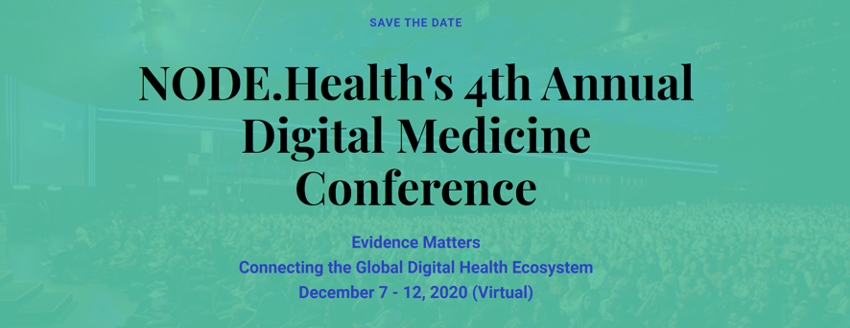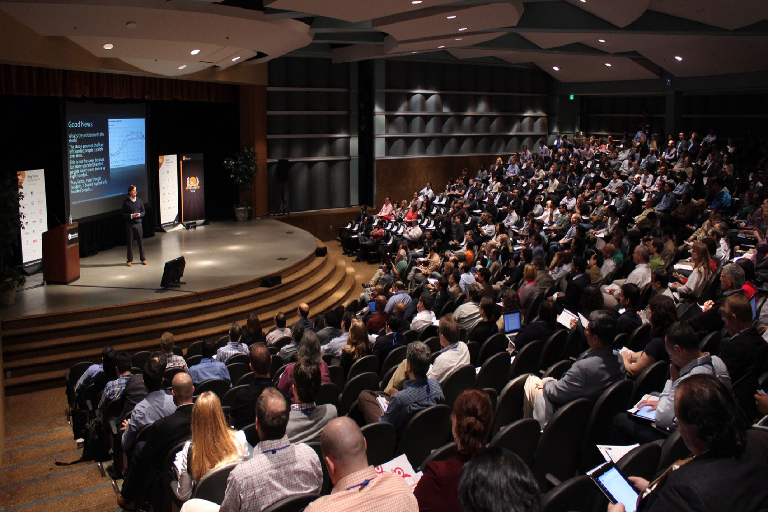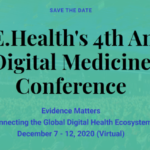ike many other industries, healthcare is becoming more consumer-focused. As Eric Wicklund and Mike Miliard have recently documented for Healthcare IT News, patients and doctors alike have spoken out against EHR solutions for interfering with rather than facilitating doctor-patient interactions. While thorough data collection and analysis, where EHRs offer great value, feeds research at the population level, it seems that the apparent failure of current EHRs to accommodate patients as unique cases has sparked this shift in attitude in the health IT industry.The issue may not be so much the failure of EHRs, as their falling short of unduly high expectations — expectations not only from the people who use them, but also the vendors themselves.
“I think it’s a myth that EHR vendors are going to be able to provide everything. Every other industry has proven this wrong, says Joanne Rohde, CEO of Axial Exchange, in an interview with Healthcare IT News.
Rohde, an exponent of open source philosophy — she was the COO and director of Health IT strategy at Red Hat prior to Axial — contrasted open source design with EHR vendors’ current design approach, suggesting that large, branded EHR vendors have made the mistake of dictating users’ workflow rather than providing them with software that actually complements how they normally work.
“There’s no question that modular design, open source practices, iterative design would do a much better job in ending up with things that people want to use…[Epic’s] approach is exactly the opposite, and their approach is that we’re going to tell you how this works, you have to change your workflows to match our system, and then and only then are you going to get benefits from this system”
This domineering EHR design approach, while perhaps expedient for expanding a company’s market share, could backfire with the progressive consumerization of healthcare IT. The question, then, is how to begin to amend this approach in light of this trend.
“I think the [EHR vendors] that will be successful,” said Rohde, “are going to be the ones that don’t try to hold on to what they have, look at it with a clean slate, and say ‘alright, we need to engage the patient; how do we do that?’ and then secondarily ask ‘how does this integrate with the software we already have?’”
More and more, healthcare professionals are talking about patient engagement, though it can be difficult, as with all buzz words, to parse what that means in practical terms. mHealth has grown extremely popular as a patient-centric, healthcare model, and Axial Exchange, billing itself as patient engagement software, has successfully deployed mobile applications for Parrish Medical Center in Florida, the Colorado Medical Group, and several others, following a patient-centric design strategy that offers a health information library, along with numerous health trackers for blood glucose, migraines, pregnancy, and even mood. In other words, letting patients learn about themselves, to engage in their own care.
Patient engagement, as the phrase’s ambiguous grammar suggests, goes both ways. HIT solutions, like Axial’s, allow the patients to learn about and monitor their care so that they can bring more actionable information, and not just numbers or vague descriptions of their issues to physician visits. But, as Rohde said, Axial is “committed to not only the patients knowing themselves, but the hospitals knowing their patients.” Axial has also complemented its mHealth work with a provider-side tool for engaging patients, a blind analytics service that allows hospitals to see what health issues their patients are researching.
































